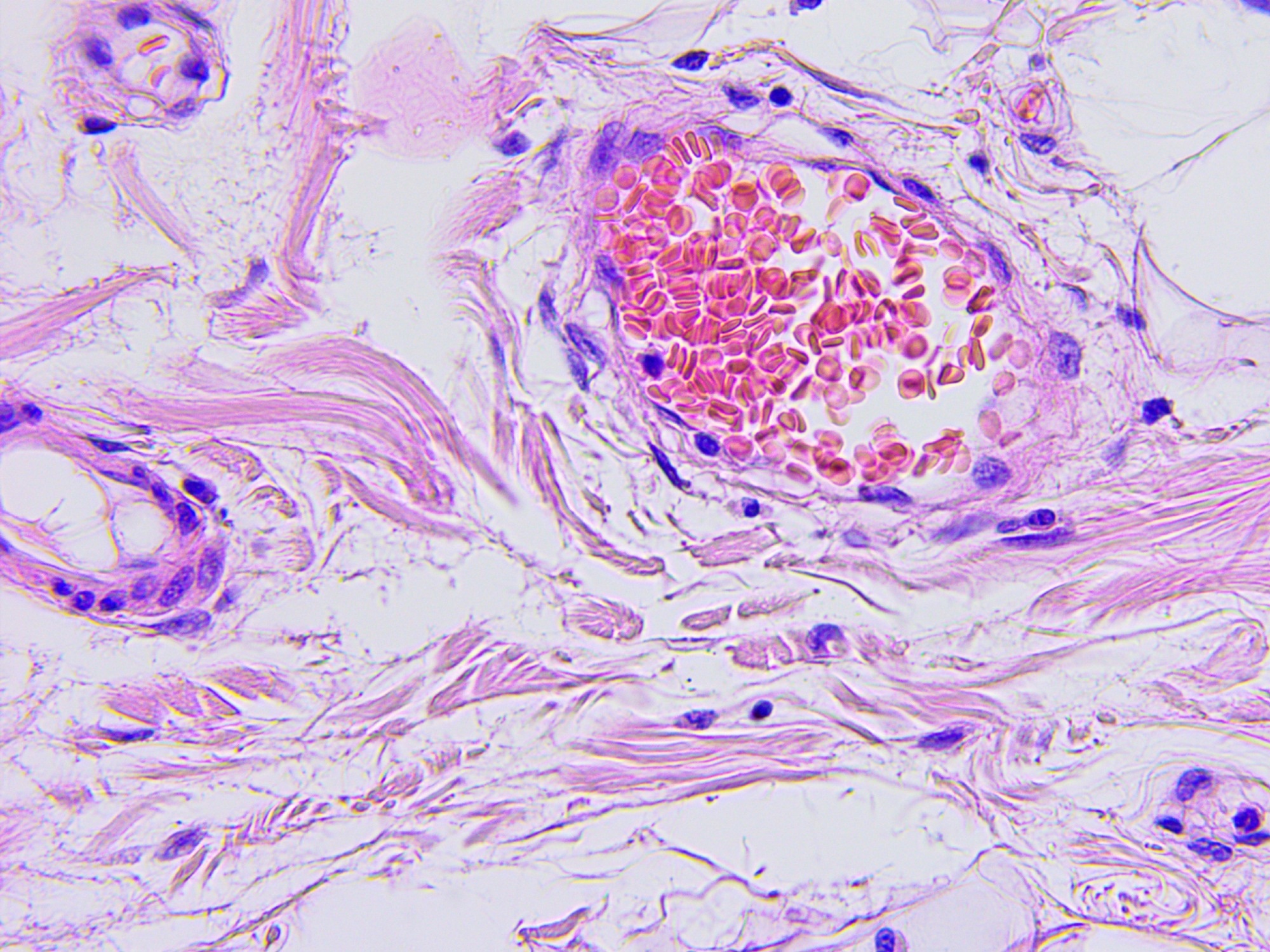Initially, the DDB1 and CUL4 Related Issue 1 (DCAF1) was recognized as a protein that interacts with human immunodeficiency virus 1 (HIV-1) virion-associated protein (Vpr) and regulates cell cycles and cell proliferation. Though most analysis associated to DCAF1, also called HIV-1 Vpr binding protein (VprBP), has reported on its adaptor operate within the Cullin 4 A E3 ubiquitin ligase complicated, current research have reported the intrinsic kinase exercise in DCAF1 and recognized H2AT120 as the primary phosphorylation goal of DCAF1.
Research: Picture Credit score: Lukasz Pawl Sczepanski / Shutterstock.com
Background
Gene expression profiling has proven the gene-selective corepressor operate of DCAF1, which is related to focusing on and silencing development regulatory genes in most cancers cells. The expansion regulatory gene is inactivated by DCAF1, which depends on H2AT120 phosphorylation (H2AT120p). This inactivation is predicated on some extent mutation of T120 in H2A that disables DCAF1 to repress transcription within the chromatin.
The transrepression potential of DCAF1 in most cancers cells may be eradicated by means of kinase-dead mutations. Thus, an H2AT120p-dependent mechanism is related to DCAF1 operate in sustaining inactive chromatin states and triggering oncogenic transformation.
A better expression of DCAF1 and elevated H2AT120p ranges have been noticed in a number of forms of most cancers, notably colon most cancers. A number of research have indicated the importance of DCAF1 kinase exercise in tumorigenesis and the significance of DCAF1-mediated H2AT120p in inactivating development regulatory genes. A small molecule inhibitor generally known as B32B3 has been discovered to inhibit DCAF1 kinase exercise and tumor development in organoid and xenograft fashions.
It’s crucial to grasp whether or not phosphorylation of non-histone proteins is required for DCAF1-promoted oncogenic occasions. This can assist elucidate the existence of any posttranslational mechanisms related to the activation of oncogenic cell signaling.
Enhancer of Zeste Homolog 2 (EZH2) is a extremely conserved histone lysine methyltransferase that triggers the trimethylation of nucleosomal histone H3 at lysine 27 (H3K27me3). EZH2 has been discovered overexpressed or mutated in lots of forms of most cancers and seems to be concerned in tumor initiation and development with poor medical prognosis. A number of research have reported that the enzymatic exercise of EZH2 is regulated by many posttranslational modifications, together with phosphorylation.
In breast most cancers, EZH2 enzymatic exercise towards H3K27 is attenuated by means of the AMPK-mediated phosphorylation at T311, which subsequently triggers EZH2 cytoplasmic localization and metastasis. Moreover, EZH2 phosphorylation has been related to repressing tumor suppressor genes.
The precise mechanism answerable for the modulation of EZH2 phosphorylation that influences the development of tumorigenesis stays unclear.
In regards to the research
A current research reveals that DCAF1 is overexpressed and phosphorylates EZH2 in colon most cancers cells.
Mass spectrometry evaluation enabled the identification of T367 of EZH2 as the important thing phosphorylation website for DCAF1. This discovering was additional validated utilizing a newly developed EZH2T367 phosphorylation (EZH2T367p)-specific antibody.
In colon most cancers, DCAF1 has been discovered to be overexpressed, which catalyzes H2AT120p to inactivate genes related to the regulation of cell development and proliferation. The potential for further DCAF1 capabilities mediated by means of non-histone substrates has been explored on this research.
Identification of the affiliation between DCAF1 and non-histone modifications may present higher insights into oncogenic signaling pathways. This information would allow the event of more practical methods to deal with colon and different forms of most cancers.
Research findings
Within the present research, researchers elucidate the underlying mechanism by means of which DCAF1 influences EZH2T367p in the course of the growth of colon most cancers has been demonstrated on this research.
To this finish, DCAF1-mediated EZH2T367p was discovered to stimulate most cancers cell development by means of the buildup of EZH2 protein and activation of EZH2 enzymatic exercise that catalyzes H3K27me3. Subsequent inactivation of development regulatory genes by H3K27me3 causes uncontrolled cell proliferation and development.
DCAF1-mediated EZH2T367p modulates the energy and nature of how EZH2 interacts with different elements of the polycomb repressive complicated 2 (PRC2) complicated. Finally, EZH2 enhances the steadiness and histone methyltransferase (HMT) exercise towards H3K27. Notably, T367p was discovered to be an especially essential issue for EZH2 stability, which permits the efficient regulation of EZH2 protein ranges.
Upregulation of DCAF1 was noticed in colon most cancers affected person samples and correlated with EZH2T367p ranges. Moreover, low-level expression of p38 was distributed all through the nucleus and cytoplasm in colon most cancers cell strains. Sooner or later, organic and practical analyses of DCAF1 and p38 are wanted to raised perceive their particular roles in colon most cancers.
The present research not solely recognized EZH2T367p as a biomarker to foretell colon most cancers but in addition offered a novel method for treating this illness. Concentrating on DCAF1 kinase exercise towards EZH2, for instance, may successfully forestall the event of colon most cancers.
The DCAF1 inhibitor B32B3 was in a position to inhibit uncontrolled cell development associated to colon most cancers. Moreover, in vivo, experiments revealed {that a} mixture of Taz and B32B3 had minimal unintended effects on wholesome colon cells and successfully inhibit colonic tumorigenesis.
Conclusions
DCAF1-mediated EZH2T367p seems to be oncogenic, as DCAF1 inhibition/knockdown reactivates a big set of tumor suppressor genes that forestall the proliferation of most cancers cells. Organoid and xenograft fashions revealed that efficient focusing on of DCAF1 and EZH2 by means of a pharmacological agent may impair their potential to set off oncogenic gene silencing and prohibit colonic tumor development.
Journal reference:
- Ghate, N.B., Kim, S., Shin, Y. et al. (2023) Phosphorylation and stabilization of EZH2 by DCAF1/VprBP set off aberrant gene silencing in colon most cancers. Nature Communications 14, 2140.
